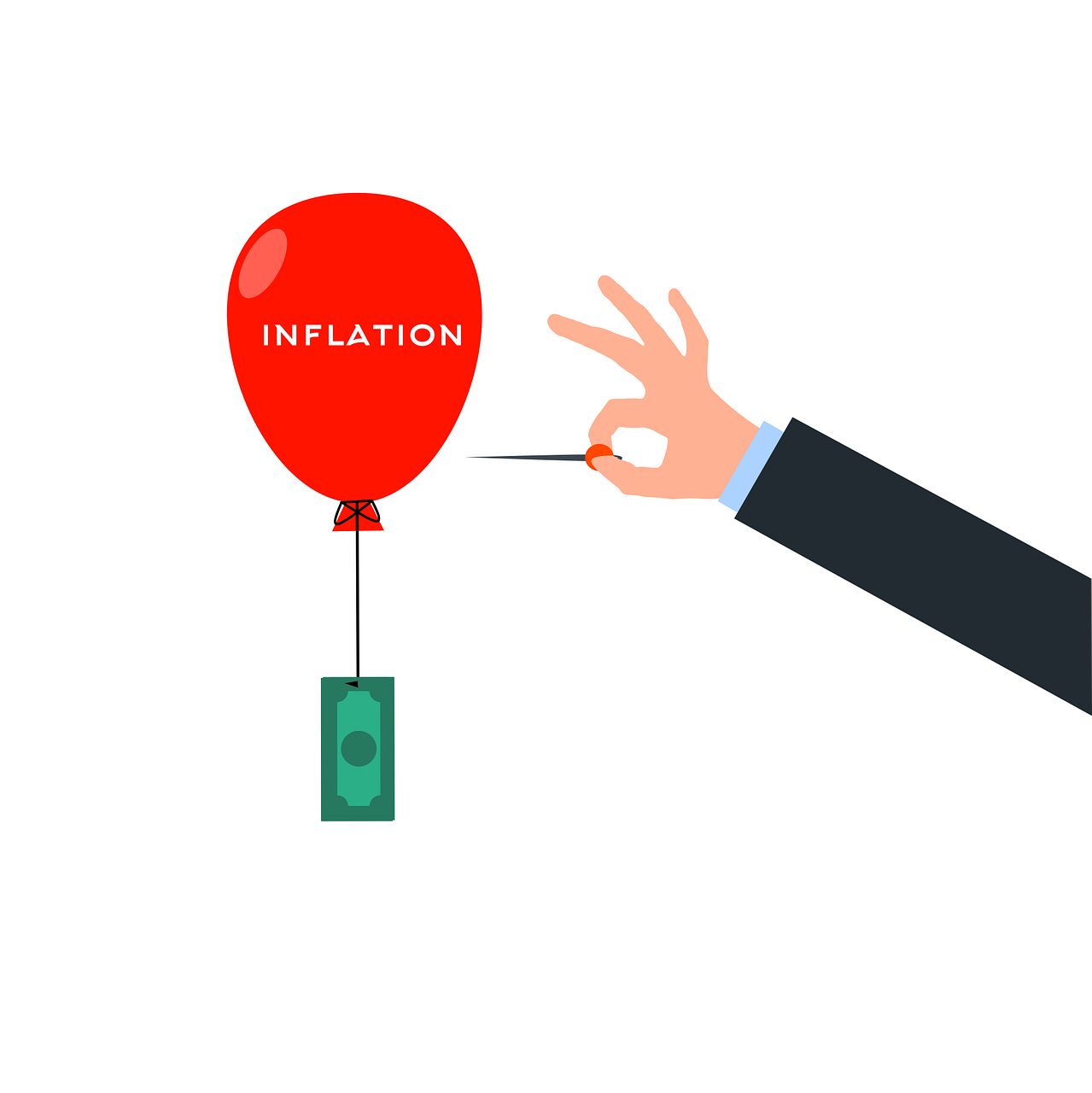For wealth managers, growth has been strong over the past five years, with a global increase of 20% in assets under management (AuM). According to the Wealth Industry Survey by Natixis IM, the pursuit of growth is even greater this year, as firms project an average increase of 13.7% in wealth just in 2025. However, given geopolitical changes, economic uncertainty, and accelerated technological advances, investment leaders know that meeting these expectations will not be an easy task.
Geopolitics and Inflation: Key Concerns
The results show that while 73% are optimistic about market prospects in 2025, macroeconomic volatility remains a major concern. 38% of respondents cite new geopolitical conflicts as their main economic concern, closely followed by inflation, with 37% of respondents fearing that it may resurge under Trump’s policies. Additionally, 66% anticipate only moderate interest rate cuts in their regions.
Despite these concerns, 68% of analysts state that they will not adjust their return expectations for 2025, as wealth managers are implementing strategies for their businesses, the market, and most importantly, their clients’ portfolios, with the aim of delivering results.
In addition to new geopolitical conflicts and inflation, respondents also identified other concerns for 2025. 34% point to the escalation of current wars, and another 34% highlight U.S.-China relations. Lastly, 27% underscore the tech bubble as another factor to consider.
With this in mind, wealth managers are carefully considering how geopolitical turbulence and persistent inflation will impact the macroeconomic environment. Half of the respondents forecast a soft landing for their region’s economy, with the strongest sentiment in Asia (68%) and the U.S. (58%). However, this drops to 46% in Europe and just 37% in the U.K. Additionally, 61% are concerned about stagflation prospects in Europe.
Regarding the specific impacts of the U.S. elections on the economic outlook, two-thirds globally are concerned about the possibility of a trade war. However, wealth managers also see opportunities on the horizon, as 64% believe that the regulatory changes proposed by the Trump administration will drive the development of innovative investment products.
In addition, two-thirds believe that the proposed tax cuts will drive a sustained market rally. Taking all of this into account, 57% globally say that, in light of the U.S. election outcome, clients are more willing to take on risk, with the potential to disrupt the cash accumulation pattern investors have maintained since central banks began raising rates.
The Investment Potential of AI
After witnessing the rapid development of generative AI models, 79% of surveyed wealth managers say that AI has the potential to accelerate profit growth over the next 10 years. With this in mind, firms are looking to leverage the benefits of the new technology in three key areas: tapping into the investment potential of AI, implementing AI to improve their internal investment process, and using AI to optimize business operations and customer service.
69% of respondents say that AI will improve the investment process by helping them uncover hidden opportunities, and another 62% say that AI is becoming an essential tool for assessing market risks. In fact, the potential is so significant that 58% say that companies that do not integrate AI will become obsolete.
With this in mind, 58% say their company has already implemented AI tools in their investment process. The highest concentration of early adopters is found among wealth management firms in Germany (72%), France (69%), and Switzerland (64%).
Beyond investment opportunities and portfolio management applications, wealth managers also anticipate that AI will impact the service side of the business. Overall, 77% say that AI will help them meet their growth goals by integrating a wider range of services. However, the technology can be a double-edged sword, as 52% also fear that AI is helping turn automated advice into a real competitive threat.
“Wealth managers face a wide range of challenges in 2025, from educating their clients on the benefits of holding private investments to finding the best ways to integrate AI into their investment and business processes. However, despite potential obstacles, wealth managers are confident that they can harness disruptive forces to unlock new opportunities and meet the AUM growth goals they need to achieve in 2025,” says Cecile Mariani, Head of Global Financial Institutions at Natixis IM.
Appetite for Private Assets Continues to Grow
Technology may have the potential to transform the industry, but firms face more immediate challenges in meeting clients’ investment preferences and return expectations.
Wealth managers are exploring a wider range of vehicles and asset classes to meet their clients’ needs. Globally, portfolios now consist of 88% public assets and 12% private assets, a ratio that is likely to shift as focus on private assets increases. Additionally, 48% state that meeting the demand for unlisted assets will be a critical factor in their growth plans.
However, private asset allocation is not without its challenges. 26% of respondents consider access to these assets—or lack thereof—a threat to their business. Despite this, new product structures are helping to ease this pressure, with 66% noting that private asset vehicles accessible to retail investors improve diversification.
The next challenge will be financial education, as 42% believe that a lack of understanding about liquidity is a barrier to incorporating private assets into client portfolios. Nevertheless, the lack of liquidity can also work in favor of some investors, given that 75% of wealth managers globally say that the long-term nature of retirement savings makes investment in private assets a sound strategy.
Overall, 92% plan to increase (50%) or maintain (42%) their private credit offerings, and similarly, 91% plan to increase (50%) or maintain (41%) their private equity investments on their platforms. Few among the respondents see this changing, as 63% say that there is still a significant difference in returns between private and public markets. Additionally, 69% say that despite high valuations, they believe private assets offer good long-term value.
The 2025 Wealth Management Industry Survey by Natixis Investment Managers gathers the views of 520 investment professionals responsible for managing investment platforms and client assets across 20 countries.



